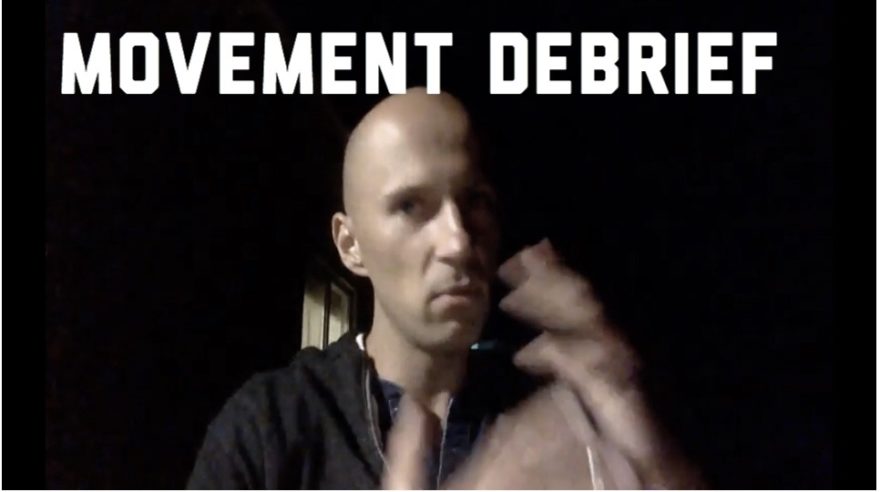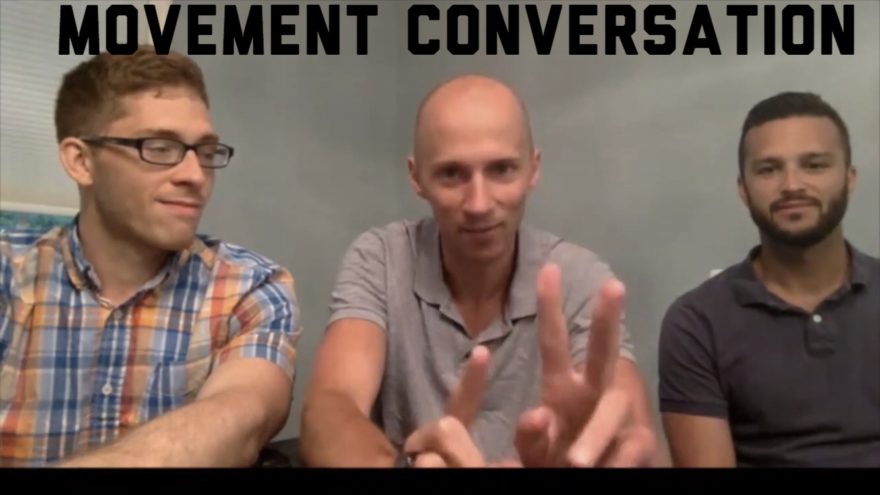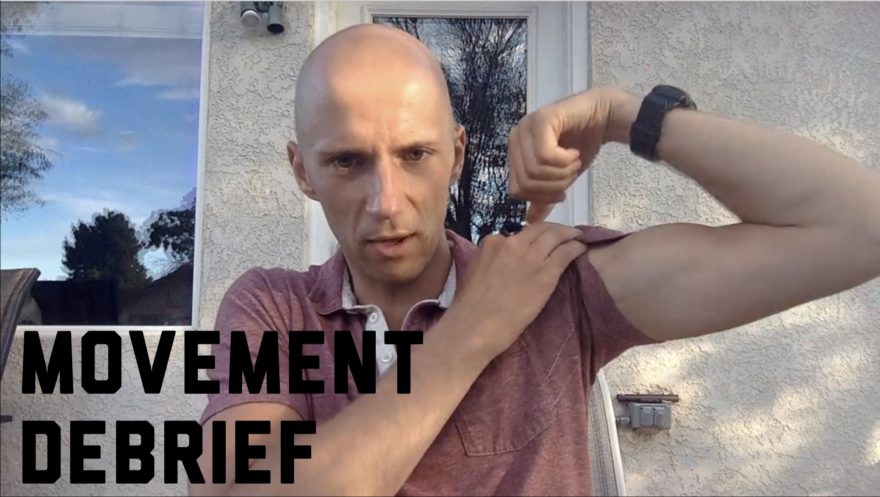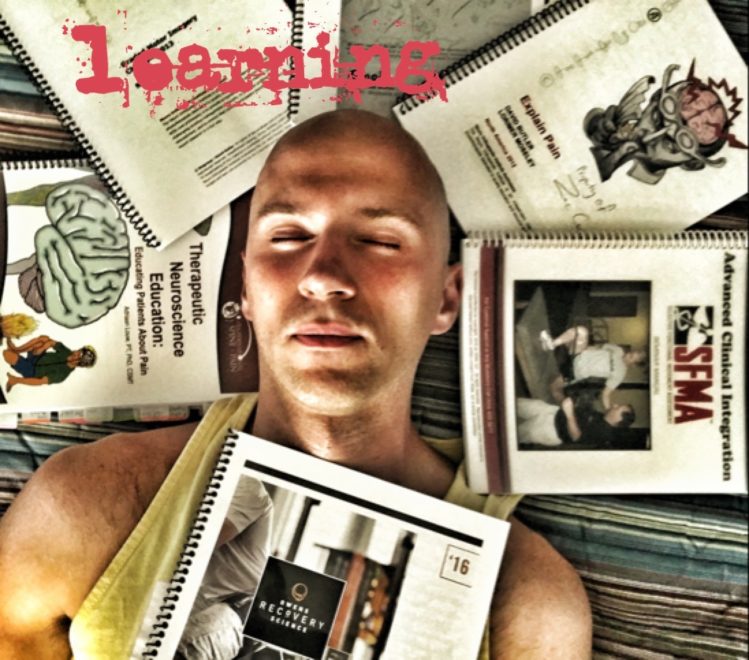Movement Debrief Episode 21 is in the books. Here is a copy of the video and audio for your listening pleasure. Here were all the topics: The step-by-step process of treating someone with Thoracic Outlet Syndrome How to leverage your strengths as a new grad searching for a job Why new grads need mentors My favorite questions to ask interviewers and to find out about a company If you want to watch these live, add me on Facebook, Instagram, or Youtube. They air every Wednesday at 8:30pm CST. Enjoy. Here were the links I mentioned tonight How to Design a Comprehensive Rehab Program All About Jobs – Movement Debrief Episode 20 “The Briefcase Technique” by Ramit Sethi Join my mentorship program, get a movement consultation, or let me design an online fitness program for you. Here’s a signup for my newsletter to get a free acute:chronic workload calculator, basketball conditioning program, podcasts, and weekend learning goodies: [yikes-mailchimp form=”1″ submit=”Get learning goodies and more”] Thoracic Outlet Syndrome New Grad Advice Interview Questions
Read More


